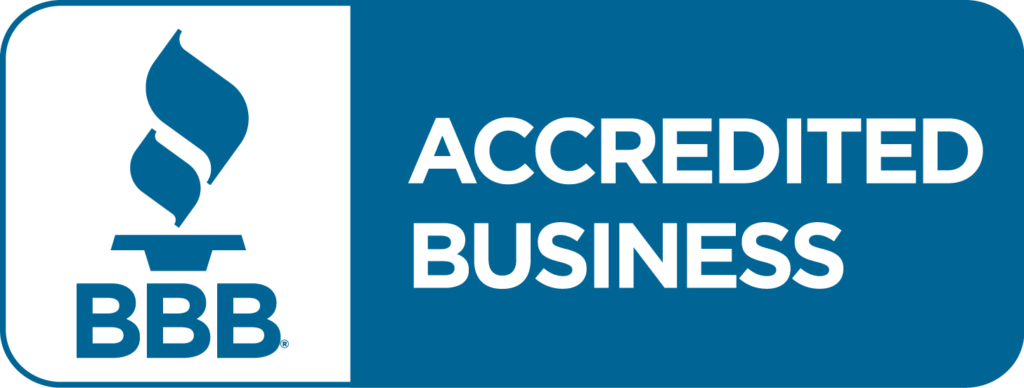About Probate
Probate is the legal process that takes place after someone dies, that makes sure property and possessions are given to the correct people, and any taxes or debts owed are paid. If there’s a written will, the court checks to ensure that it is valid, and then makes sure the directions in the will are carried out.
To do this, the probate judge works with an executor or personal representative, whether or not a will is in place.
The steps of the
probate process are:
- Determine if a will exists and is valid
- Determine the heirs and beneficiaries
- Establish a value of the deceased person's property and assets
- Take care of any outstanding financial responsibilities the deceased person had (settle debts)
- Inheritance funding: Transfer the assets and property to the heirs and beneficiaries
Types of probate
The probate process can either be “formal,” requiring hearings in court, or “informal,” handled through an administrative process that does not involve the court called intestacy. Either way, probate can be a very lengthy process—in the United States, the average probate takes 17 months to complete. Some probates can go on for several years. Because of this, many beneficiaries choose to get an inheritance advance (sometimes called probate advance) to receive their inheritance money sooner. A probate advance is not a loan. It does not need to be paid back.

